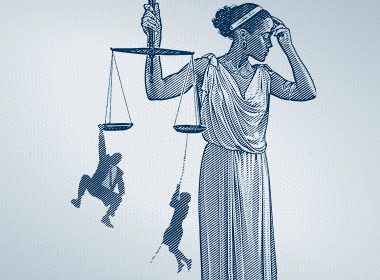Snapshot
- The Personal Property Securities (PPS Leases) Amendment Act 2017 (Cth) commenced on 20 May 2017.
- It narrows the definition of ‘PPS lease’ in the Personal Property Securities Act 2009 (Cth) and greatly reduces the number of deemed security interests arising under that definition.
- The amendment has been sought and welcomed by the hire industry and will also benefit other lessors or bailors of goods, but the PPSA will continue to trap the unwary.
Australia’s hire industry has been seeking relief from the draconian effects of the Personal Property Securities Act 2009 (Cth) (‘PPSA’) since 2011. The PPSA has resulted in many hire businesses losing ownership of equipment when they fail to register correctly under the PPSA and their customer becomes insolvent. The reported losses are already high, but those are doubtless just the tip of the iceberg. (See, for example, Power Rental Op Co Australia LLC v Forge Group Power Pty Ltd (in liq) (receivers and managers appointed) [2017] NSWCA 8 where losses exceeded $60 million.) Victims have mainly been hire businesses that have either been unaware of the PPSA, or have not managed to grapple with the complex registration regime.
The Government has now acknowledged the overreach in the original PPS lease definition and has passed the Amendment Act. Under the amended law, a lease or bailment only becomes a ‘PPS lease’ when:
- the agreed term, including any options, exceeds two years; or
- it continues for more than two years.
The two-year threshold replaces the former one-year term. Critically also, the amendments also remove leases and bailments ‘for an indefinite term’ from the definition. A hire for an unspecified term (so common in the hire industry) is now not caught until it lasts more than two years.
These changes vastly reduce the regulatory impact of the PPSA on short-term hire and rental business. Hire businesses should consider whether it is necessary to register at all.
The amendments are, however, not retrospective and only apply to leases and bailments entered into from 20 May 2017.




